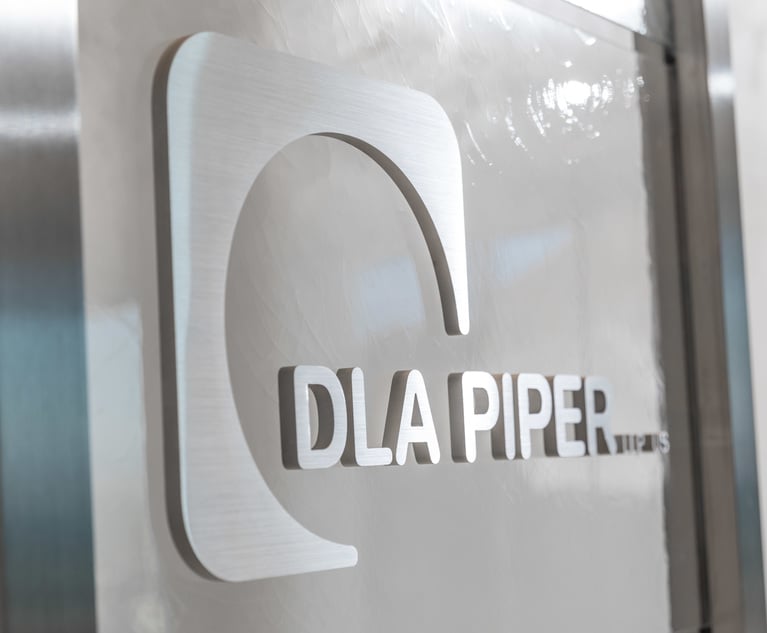Commercial organisations will be affected by the implementation of the Human Rights Act 1998 (HRA). But there are aspects of the way dotcoms and web businesses operate which make them particularly susceptible.
The web depends upon free flow of content. That content exposes carriers and hosters to liability. This was demonstrated last year in Godfrey v Demon where the court held a hoster responsible for defamatory material posted by an anonymous third party. A mere hoster has a defence under Section 1 of the Defamation Act 1996 if it has no knowledge that it is assisting in publication of defamatory statements and has taken reasonable care in relation to that publication.
* The court held that once the hoster had been informed of the defamatory content it loses the benefit of this defence. This has led to internet service providers and hosters removing defamatory content as soon as a complaint is received and refusing to host or carry content of a controversial nature, fettering free speech via the internet.
A feature of the HRA is that the courts are required to interpret legislation in a manner compatible with European Convention rights. There are competing rights in relation to freedom of speech to be found in Article 10 (freedom of expression) and Article 8 (respect for private and family life, home and correspondence). Godfrey v Demon might now be subject to challenge. The loss of the Section 1 defence as soon as a hoster receives a complaint could be determined by the courts to be incompatible with the rights conferred by Article 10.
Following implementation of the HR Act, a Court might decide that a balancing of the rights in Articles 8 and 10 may not require the immediate take-down of material on receipt of a complaint. Rather, the defence should be construed more widely. For example, if the hoster seeks the author’s views and the author says the allegations are true, the proportionate position to take on the hoster’s liability might be to require the hoster to disclose the author’s identity (if known) to the complainant. Only if the hoster refuses should they be fixed with responsibility. This could be construed to satisfy the requirements of the defence in that the hoster has no (actual) knowledge of a contribution to publication of a defamatory statement and has taken reasonable care. So the HRA may be of benefit to dotcoms in limiting their exposure to liability for content.
In other ways, the HRA may expose dotcoms to greater liability. Another peculiar feature of a dotcom business is the conclusion of transactions online. Monitoring and retention of data relevant to online transactions is crucial. But, equally, it is likely the systems used by employees to transact business for dotcoms are also used for private purposes. This creates a problem, particularly because of the impending implementation of the Regulation of Investigatory Powers (RIP) Act 2000, and the way that it interacts with Convention rights.
RIP partly arises out of the provisions of Article 5 of the Telecoms Data Protection Directive, the aim of which is to protect personal privacy in the telecommunications sector. That echoes the rights in Article 8 of the Convention. But as with Convention rights, the Directive and now RIP have exceptions to the protections granted. In RIP, one such exception is lawful monitoring or recording of business communications by businesses for detecting unauthorised use of an electronic communications system.
This carve out is in draft Regulations which have just finished a period of consultation. However, assuming Regulations are adopted in that form, it presents a problem for dotcoms. How wide is this ill-defined carve out? The HRA requires the courts to interpret all primary and subordinate legislation in a manner compatible with Convention rights. Dotcoms therefore face the dual problem of interpreting an ill-defined carve out in the Regulations, which in turn will be construed by the courts pursuant to their obligation to interpret legislation in a manner compatible with Convention rights.
It appears odd that commercial organisations operating in an environment dominated by computers and telecommunications find themselves at the forefront of arguments about human rights. However, this only serves to demonstrate the importance of this legislation in all walks of private and commercial life.
Ian De Freitas is an e-commerce disputes partner at Paisner & Co.







